The following is testimony from YESF VP of Strategy Matt Frendewey to the Kansas Legislature’s Special Committee on Education on October 4, 2023. Published in ReimagineEdOnline.org.
Every Kansas child is born with boundless potential only waiting to be unleashed, and each deserves an education designed to unleash their talent. But that’s not possible when we have an education system that ignores their individual capacity and unique gifts by confining every child into a one-size-fits-all education system.
This gap is leaving families behind, and it is why the Kansas Legislature convened a Special Committee on Education, holding two days of packed hearings. Led by Chairwoman Rep. Kristey Williams (R-Augusta), the committee addressed the state’s education funding, costs, state assessments and the critical importance of education freedom for all Kansas families.
Like many states, the Sunflower State is grappling with staggering learning loss and most policy experts know: simply throwing money at the problem isn’t enough to address these challenges and satisfy parent demands.
Research by the think tank Populace reveals that parents overwhelmingly prioritize practical skills, critical thinking, character development, and foundational knowledge over college preparation. Yet, our current approach predominantly sorts children into two categories – college-bound or not, irrespective of their individual aspirations.
The reason for this traces back to 1894 when the National Education Association’s “Committee of Ten” published a report laying out how schools should be designed. The influential report and its recommendations were largely adopted and molded the nation’s education system around the factory economy, emphasizing standardized learning methods rooted in a belief that intelligence was an “inherited ability.”
Fast forward to today, in our shared pursuit of educational excellence for every child, we must acknowledge that our current system is not broken. It’s operating precisely as designed. It’s a system rooted in a bygone era that emphasizes standardization, built on the premise that the sole purpose of education is to rank and sort kids, standardize them, and identify the select few for leadership and the rest for vocational training.
Today, we reject the notions of “inherited ability.” We believe every child has the dignity and capacity to succeed. We’ve moved beyond the factory economy to a world where everything is customizable, but how we teach students has stalled.
The failure to transform the nation’s education system is not lost on parents. The latest Gallup poll found that only 36% of Americans were satisfied with the K-12 education system.
The urgent question we face is: How do we reclaim education and help every child realize their full potential?
It’s urgent because things are so far off track. NAEP scores for Kansas students are sliding while education funding is rising and student enrollment is falling.
The answer lies in recognizing the pivotal role of parental choice. It is the linchpin that connects home and school, forging a vital pathway to a child’s success. When parents have options, they can find the educational environment that best fits their child’s learning style, interests, and needs.
Studies affirm that students with engaged parents tend to excel academically, attend school regularly, and approach learning enthusiastically. And that school choice can lead to both increased parent engagement and, overall, greater satisfaction among parents who use choice programs to choose their child’s school.
Opponents of education freedom and parental choice try to frame this as an anti-public schooling effort. But nothing could be further from the truth. School choice is a recognition that families have diverse needs and preferences. It empowers parents to be the foremost advocates for their child’s education. Just as we celebrate the freedom to choose between Pepsi and Coke or one grocery store over another, we should celebrate the freedom to choose in education, whether it’s a family who chooses a local public school, private school, microschool – any learning environment that meets their child’s needs.
As Kansas looks ahead at how to reimagine education, policymakers should act with haste to break down barriers holding families back. More than 70% of Kansas parents and a majority of Americans are standing firmly behind school choice – the chorus of voices demanding change is too loud to ignore.
Lawmakers shouldn’t allow these voices to fall on deaf ears. They should unite in resolute action to embrace parental choice and carve an educational landscape where every child not only learns but thrives.
